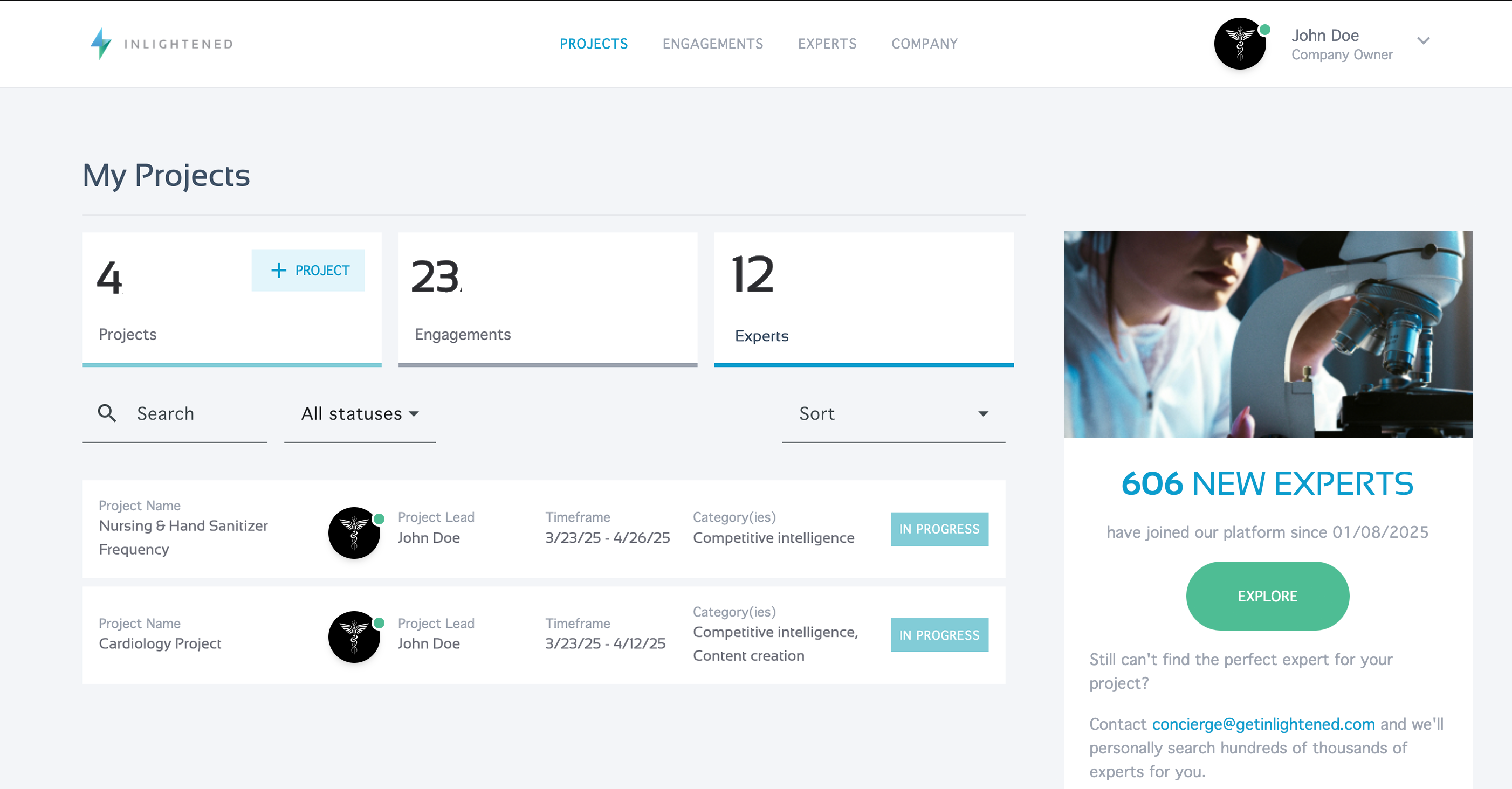A healthcare executive’s 3 key considerations to effective governance
The core principles of governance — such as fairness, accountability, responsibility, and transparency — are a function of the very people who connect them. This is true for every company and team I’ve been a part of, led, built, or coached, and especially important to keep in mind in healthcare, an already complex and matrixed field. It always comes down to the people. People differ by their backgrounds, experiences, aspirations, personal preferences, and comfort with themselves. My husband’s favorite saying is “If we were all the same, it wouldn’t be any fun!” While I can agree that these differences make every individual unique — and in a sense, valuable — those “fun” discrepancies can translate into a challenge for any company or leader.
I have certainly learned a great deal about people and practices over the course of my career in healthcare. These lessons have helped me manage and lead more effectively, and devise a playbook with which to approach a variety of scenarios.
These are my three key considerations to effective governance:
- Who is your audience?
What is their level of experience or expertise? Educational background? How much can they handle? How will they likely respond? Apply these questions to your internal and external audiences. - Have you set expectations?
What do you expect of them? What is your style in communicating those expectations? Have you shared all of this information clearly, directly, and openly? Are you being realistic and honest about your team’s ability to meet challenges? Do you have a contingency plan to ensure goals are achieved? - Do you practice communication effectiveness and efficiency?
Communication is a “muscle that requires constant exercise, toning, flexing, and adapting” for the audience, for the situation, and during times of rapid change and growth.
Now to break down the above principles in a couple scenarios.
A company comprised of people who are early in their careers will require a different level of governance and people management, such as coaching and guiding them with frequent feedback around obstacles, discomforts, or concerns they have. Transparency is a guiding principle that has to be carefully managed with a less experienced team, based not only on individuals’ ability to hear and really understand the intent of the message, but also the capabilities of the person delivering the message. New CEOs typically deliver communication from their own level of comfort, and not necessarily to the requirements of the people receiving it. Starting empathetically with knowing their people, their backgrounds, and how they react — and more importantly, adapting the management style to the makeup of the team — will ensure lesser challenges and longer-term success for a leader who may be early on in their career, dealing with a less experienced team, or both. Successful companies learn to adapt their operating style to fit the needs of their people.

It doesn’t end there. Strong leaders seek mentorship, feedback, and expertise that differs from that of their own. Even those who have mastered taking on inexperienced or new teams know that their work is never done, and they must continuously play back situations and be open to guidance and feedback. The best leaders remain open to others’ expertise and opinions — particularly insights that might be hard to hear or see from the inside — especially in times when there is a great deal of growth, change, or uncertainty.
In order to evolve, leaders need to be honest about where their teams excel, and in which areas they need help. No matter the size or stage, an organization that is evolving will need to engage external expertise for a clear, unbiased perspective. Inlightened makes it easy to access and manage quality expertise outside of your organization, on your terms.
In another scenario, let’s review a larger, more experienced organization that depends on layers of leaders for optimizing governance. The company structure can not only become quite fragmented and siloed when unique personalities approach management differently, but it can also potentially contribute to poor outcomes. Though each leader might have their own style and methods, open lines of communication and an emphasis on transparency are key to ensure some sense of consistency, and dynamic results occur when different tactics are employed to achieve the greatest impact.
The Inlightened model does away with the standard black box approach. The tech-enabled platform offers an unprecedented level of transparency, meant to facilitate interactions and ensure that companies’ and experts’ expectations are managed and met throughout the entire process, rather than relying solely on the interpretations of a middleman.
I mentioned setting expectations as one of my three keys to effective governance. Expectation setting, inherent in good communication practices, is a two-way street that can drive company performance and long-term success, for both the leader and the employee. A CEO or manager may lead by example, starting the process by not only providing their expectations but engaging the employee in a conversation to ensure a mutual understanding and agreement, then providing expectations in writing — via an informal email or an actual document which facilitates discussion — to be referred back to as needed. Evolving leaders understand the difference between supportive communication and micromanagement. And the output is apparent, in employees who either learn and improve their performance, or on the other end of the spectrum, with disgruntled teams that harbor distrust.

Flex that muscle! Practice doesn’t make perfect, but it will improve effectiveness. Good governance is avoiding inaccurate perceptions or assumptions. Frequent communication and engagement with key players is important to ensure an understanding of expectations, how they work, what they need, and facilitating the growth of the people along the journey to success. And overall, whether you’re leading employees from within your organization, or engaging external expertise, respect the value that each individual brings to the table, and that in turn will drive value for your organization.
 Gina Thomas is a talented nursing executive and advisor, with a wealth of healthcare, clinical, and operational knowledge. She currently serves as Chief Development Officer at Nobis Rehabiliation Partners. Prior to joining Nobis, Gina served as the Chief Development Officer at Lumere, where she built the SaaS platform’s commercial and marketing foundation. Gina previously held business development and consulting roles at The Advisory Board and MedAssets, with the early portion of her 35-year career devoted to clinical roles at 11 different healthcare organizations. Gina holds an RN and an MBA.
Gina Thomas is a talented nursing executive and advisor, with a wealth of healthcare, clinical, and operational knowledge. She currently serves as Chief Development Officer at Nobis Rehabiliation Partners. Prior to joining Nobis, Gina served as the Chief Development Officer at Lumere, where she built the SaaS platform’s commercial and marketing foundation. Gina previously held business development and consulting roles at The Advisory Board and MedAssets, with the early portion of her 35-year career devoted to clinical roles at 11 different healthcare organizations. Gina holds an RN and an MBA.
moonwalks






